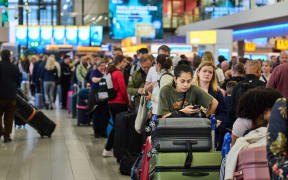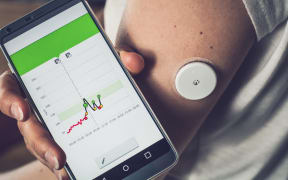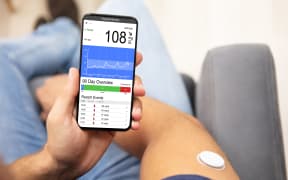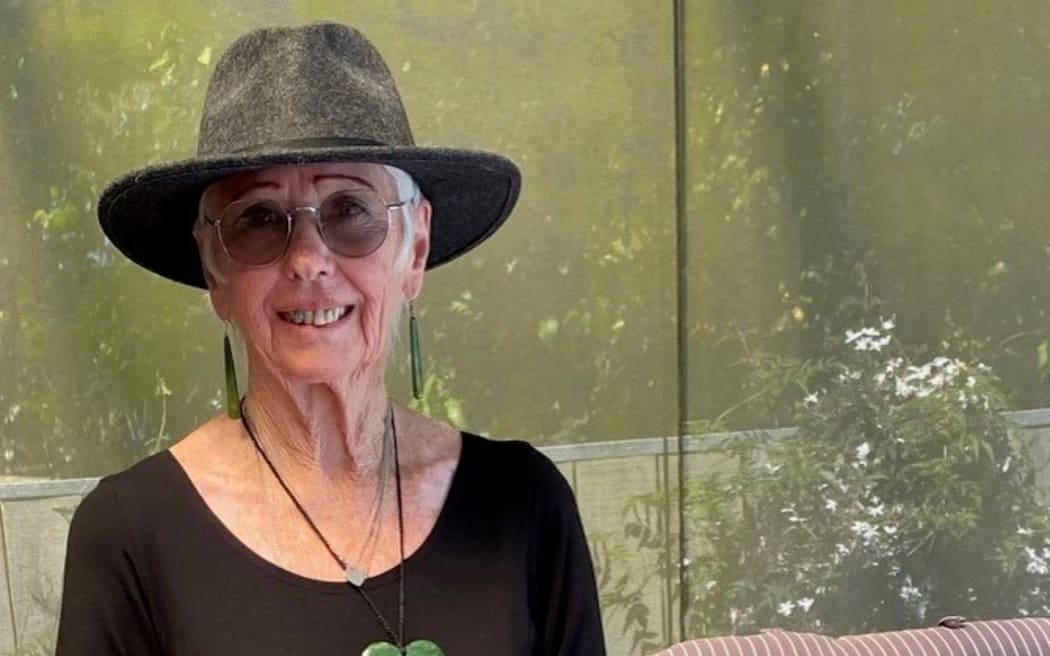
Wendy Ure who has Type 1 diabetes says her plea for her sensitive medical equipment to bypass the Auckland Airport's scanning machines was met with derision. Photo: Supplied
A Gisborne woman says she was reduced to tears by an aviation security officer's dismissive attitude towards her Type 1 diabetes at Auckland Airport ahead of the first flight of her Christmas Holiday.
Wendy Ure said she was scoffed at and ignored when she asked for her sensitive insulin pump and glucose monitoring equipment to bypass the airport's scanning machines.
Ure said air travel meant packing a daunting array of insulin supplies and spares for her T-Slim Insulin Pump and Dexcom continuous glucose monitor both which are crucial to control her life threatening condition.
She also carried a letter from her diabetes nurse and manufacturer's information to show the equipment could not be passed through x-ray machines and body scanners.
But when she was departing Auckland Airport on Boxing Day the security officer she encountered decided he knew better.
Ure said she pleaded with the officer to be allowed to be patted down and he only relented when the 73-year-old lifted her shirt to show the pump attached to her body.
"He came across like he knew everything and his attitude to the letter was one of 'pfff'. I had to pull out my pump and show him my Dexcom and I just said 'look mate, without these I die'," Ure said.
She was crying as she was patted down by another staff member, but once she was separated from her bags the officer put her spare Dexcom transmitter through the x-ray against her wishes.
"He came up and had the gall to say 'that didn't go too badly did it?' and I said 'no thanks to you, you were awful to me and you have allowed the [Dexcom] transmitter to go through the x-ray' and he said 'we decided that it could'," Ure said.
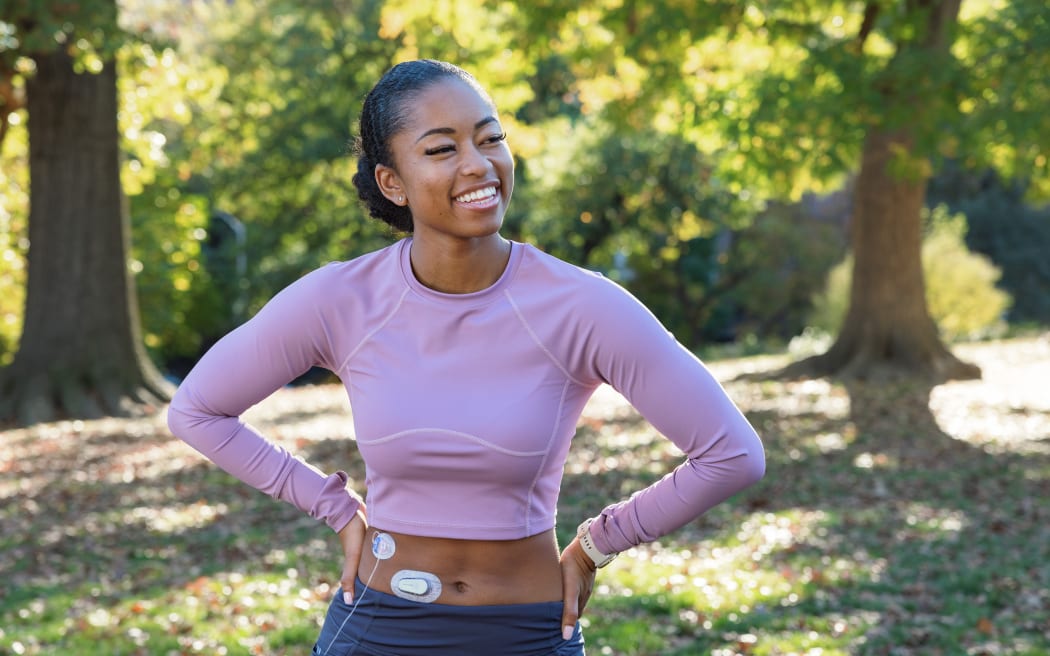
A Dexcom G6 continuous glucose monitor such as the one worn by Wendy Ure. Photo: Supplied / AMSL/Dexcom - ANZ
The Dexcom G6 transmitter Ure had in her bag costs $460 to replace. She said she was not yet sure whether it had been damaged.
Diabetes NZ chief executive Heather Verry said the time was ripe for greater awareness of airport security processes for diabetics.
She said she expected 2024 would see Pharmac step up to fund Continuous Glucose Monitors (CGMs), a move which would be life changing for thousands of people.
"Hopefully in the next few months [the] government will be fully funding the CGMs and, as we've indicated to the airport security, they're going to get a lot more people coming through with pumps and CGMs and they need to be mindful of that," Verry said.
Verry said she was aware of diabetics having difficulties at airports.
"We immediately went through to the Aviation Security to say 'look we've had some rumblings, this absolutely needs to be sorted straight away and you need to put some sort of education in place to ensure that it doesn't happen'. It's hard enough to have diabetes without having to endure that," Verry said.
The foundation would work alongside the Aviation Security Service (AvSec) to create educational resources to better inform staff and travellers of their rights and obligations when travelling with the equipment, she said.
AvSec operations group manager Karen Urwin said any passenger had a right to request a pat down and they were working to identify the officer who dealt with Wendy Ure.
"If that is what happened that falls well short of our expectations and I would be really disappointed because this person will have let their team down and let the organisation down and, most of all, let the passenger down. So it's an issue that we take very seriously and we will be investigating it," Urwin said.
Any passenger had a right to request a pat down and could also request the procedure took place in a private space, she said.
Urwin said she wanted staff to be on the top of their game and well prepared to accommodate the thousands of people who go through screening needing special consideration.
"We'll be updating our information that we provide and Diabetes NZ will be putting stuff out [too] but what I would encourage people to do is, if they are travelling and maybe they're not experienced travellers and maybe they're quite new to having the device, please reach out and contact us. We're happy to provide them with whatever information they need and to re-assure them what the process is and that they can get through safely," Urwin said.
